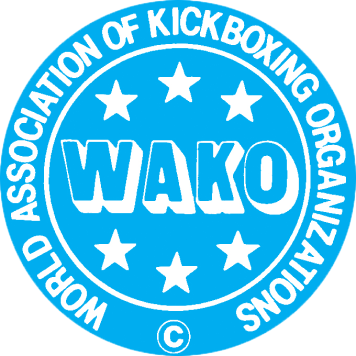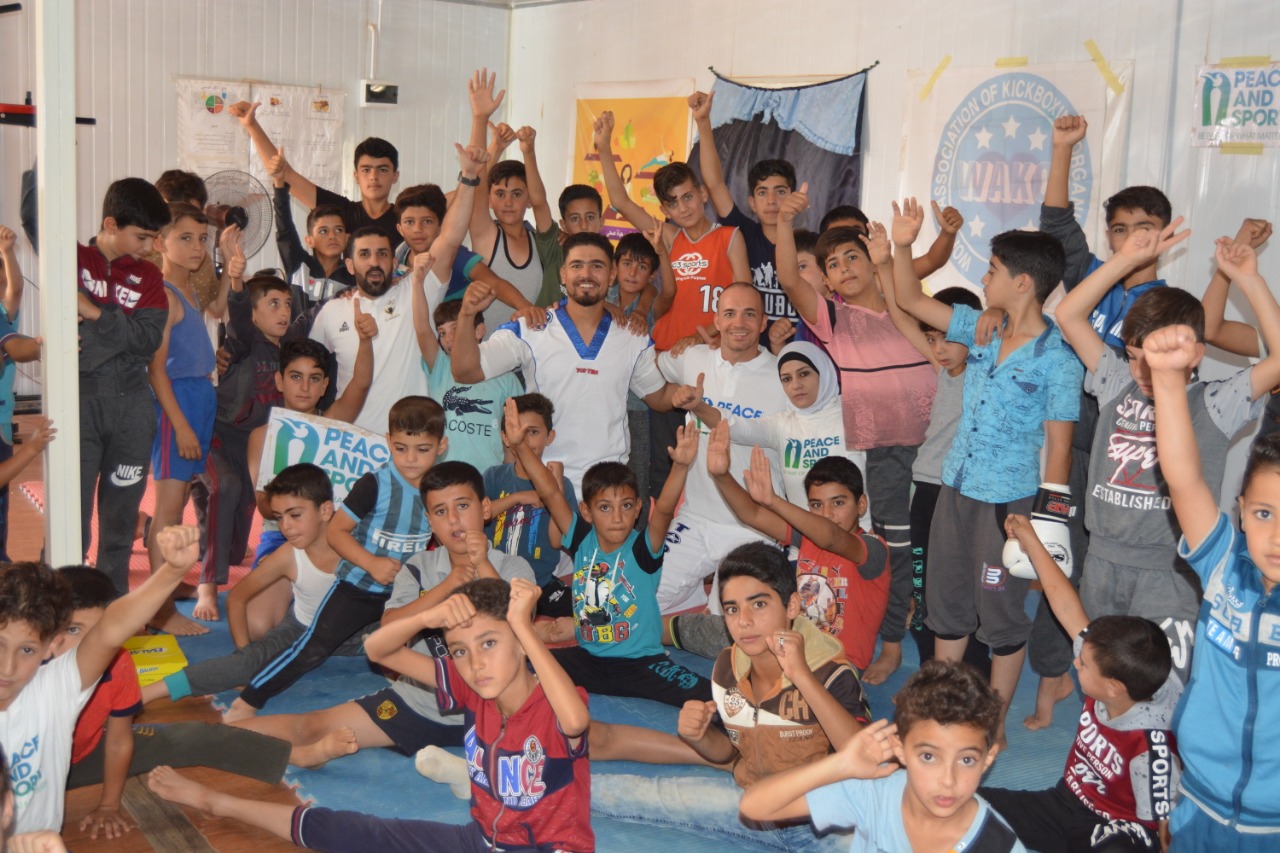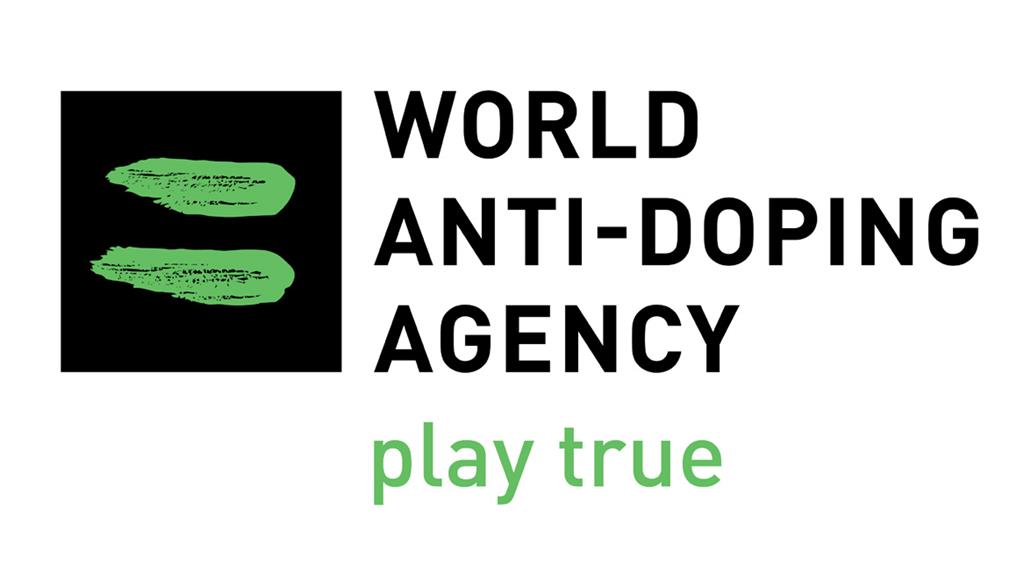Paris, 30 October 2019 – The World Anti-Doping Agency’s (WADA’s) incoming President, Witold Banka, and WADA’s Director General, Olivier Niggli [pictured], were in Paris, France, this week to take part in the seventh UNESCO Conference of Parties (Conference) that is being held from 29-31 October. The Conference, which is a statutory session that takes place on a bi-annual basis, addresses issues regarding the implementation of the International Convention against Doping in Sport (the Convention) and other anti-doping matters.
The Convention, which was adopted in 2005, is the legal instrument through which Governments formalize their commitment to the World Anti-Doping Code (Code). With 188 States that have endorsed it, representing more than 99% of the global population, the Convention is the second most successful in UNESCO history in terms of the extent of ratification post-adoption.
Education, expanding the global legislative framework and strengthening the anti-doping movement’s ties with law enforcement agencies around the world will be key ways in which the battle to protect clean sport will succeed, said Witold Banka in his speech .
“More and more, education is being identified as a priority in the protection of clean sport. The children of today will be the athletes, coaches, parents, teachers, doctors, anti-doping practitioners and Government ministers of tomorrow. We must expose them now to the values that will positively shape sport in the decades ahead. This is the foundation, not only for ethical sporting behavior but also for character development and good citizenship. We have a duty to help our young people learn this through values-based education programs,” he said.
“For me, it’s all about preserving, promoting and protecting. Together we can work to preserve the spirit of sport; to promote the values of clean sport that we are all so passionate about; and ultimately, we will protect the athletes and citizens we serve.”
“WADA is often asked if we support the introduction of legislation to combat doping in sport. For sure, the cooperation between Governments and sports bodies can be improved further and WADA favors governments using their legislative powers to protect clean athletes in the fight against doping. We particularly welcome legislative measures to facilitate the sharing of information between Anti-Doping Organizations and law enforcement agencies in areas of mutual interest and also when it comes to the protection of whistleblowers. We have seen the benefits of this policy recently with a number of successful investigations involving WADA’s Intelligence and Investigations team.”
On day two of the Conference, under the theme ‘The Right Way Together’, Olivier Niggli took delegates through some of WADA’s strategic priorities , in particular the development and implementation of the 2021 Code and associated International Standards , which will be discussed at WADA’s World Conference on Doping in Sport to be held from 5-7 November in Katowice, Poland. He also addressed areas such as compliance monitoring, capacity building, education, intelligence and investigations, and ongoing management of the Russian doping issue.
In closing, WADA’s Director General made an appeal to States Parties that they make every effort to comply with the UNESCO Convention. He said: “While Governments are not Signatories to the Code, it is important that they meet the expectations of them set out in the Code or face meaningful consequences – just like athletes and Code Signatories do when they fall short of expectations.”
“Beyond this, Governments can certainly help curb the use of doping substances by strengthening the capacity of Anti-Doping Organizations, building awareness and offering more education and testing. They can also help curb the distribution of doping substances by strengthening legislation to allow for the sharing of information between law enforcement agencies and Anti-Doping Organizations, encouraging and protecting whistleblowers, and monitoring the distribution across borders.”
About the Conference of Parties
The Conference of Parties has overall responsibility for implementation of the Convention. Its objectives include:
- Monitoring compliance with the Convention;
- Examining and adopting amendments to the Convention; and
- Determining how resources of the Fund for the Elimination of Doping in Sport will be used.
In addition to States Parties and other Member States of UNESCO, WADA is invited as an advisory organization to the Conference. The International Olympic Committee, the International Paralympic Committee, the Council of Europe, the Intergovernmental Committee for Physical Education and Sport, and other intergovernmental sports organizations are also invited as observers.




